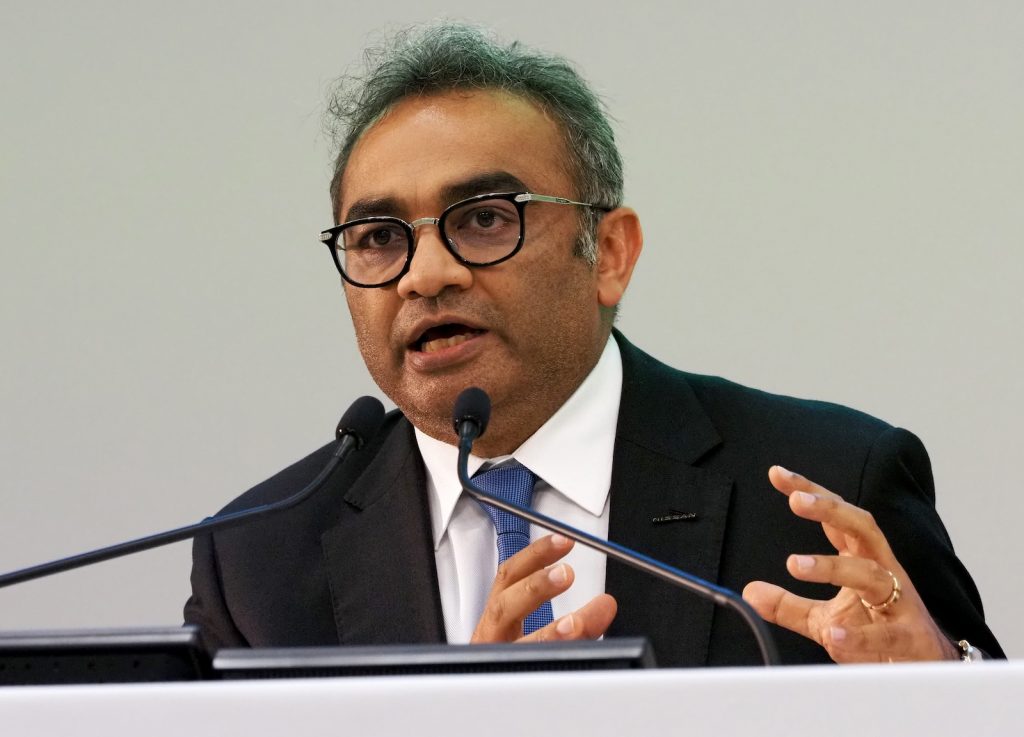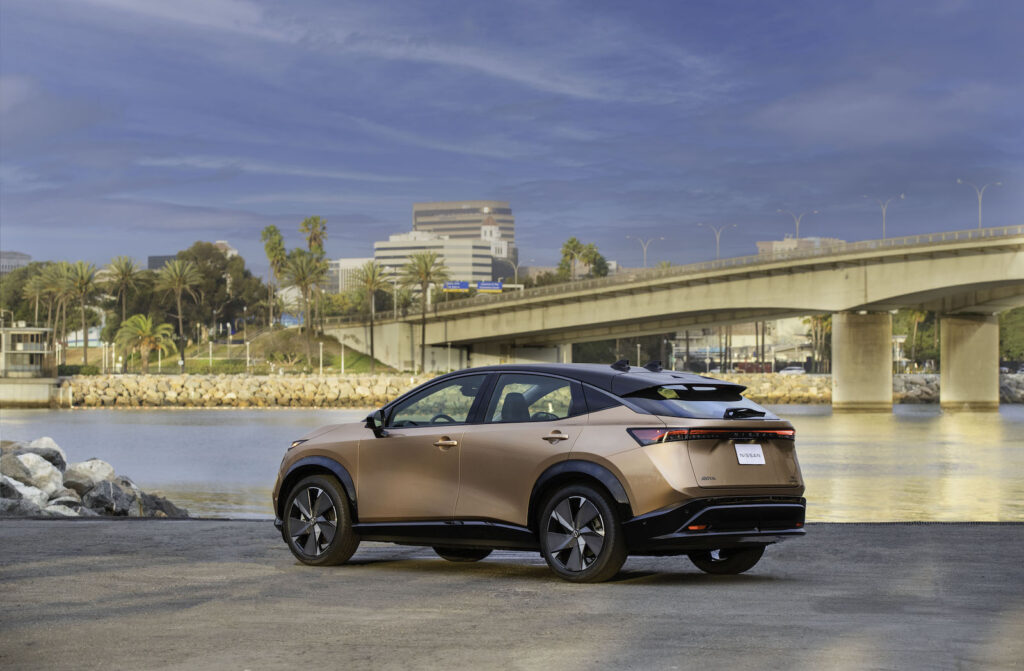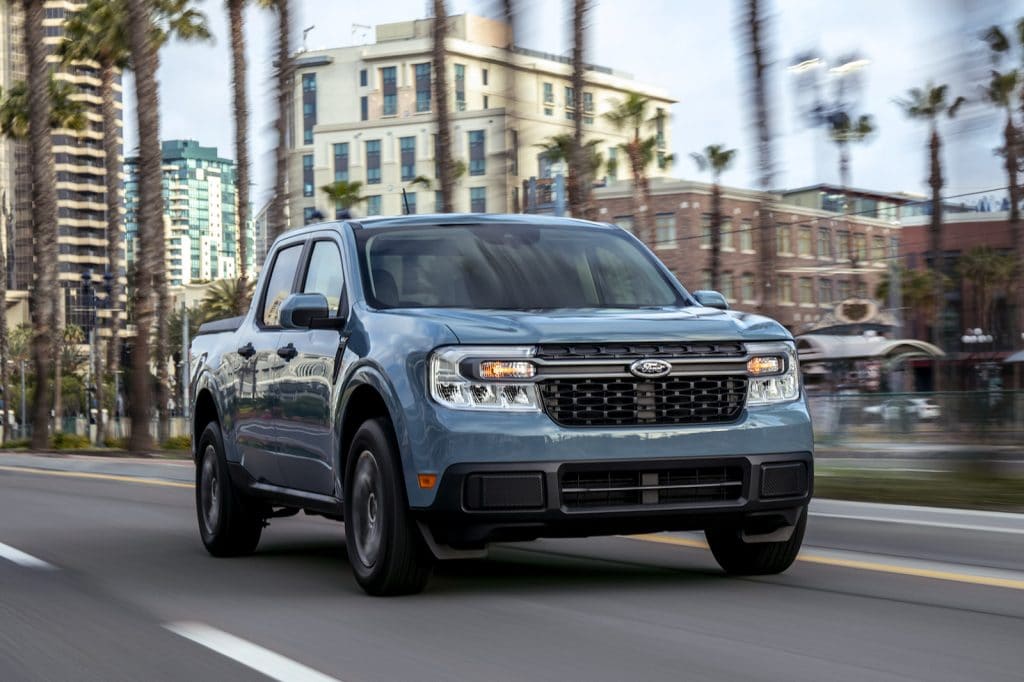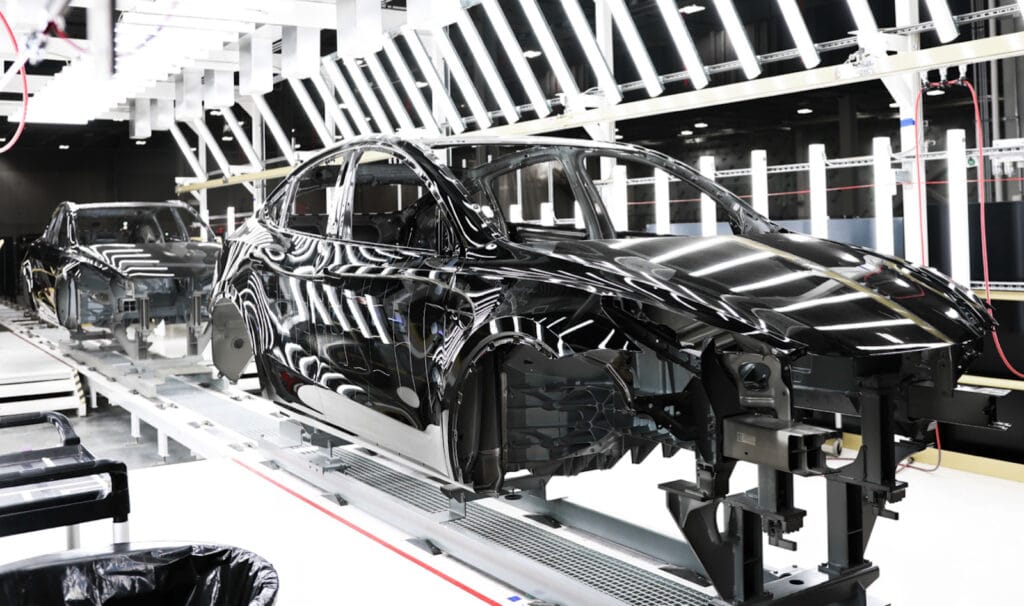Nissan has stopped taking advance orders for its new Ariya crossover just as it prepares to bring the battery-electric vehicle to market.

And it’s not alone, Ford earlier this year closed the order bank for the popular new Maverick pickup. And Tesla CEO Elon Musk said his company may stop taking orders on some of its models, as well, because of the long delivery times some customers might face.
“We don’t want customers to wait,” Nissan Motor Co. COO Ashwani Gupta told trade publication Automotive News when asked about the decision to close the order bank on Ariya.
Too many orders
Ariya is Nissan’s second all-electric model and will supplement the once-popular but now slow-selling Leaf. Originally expected to reach showrooms around the beginning of this year, production of Ariya has repeatedly been delayed, primarily due to the semiconductor shortage. It just went on sale in Japan but U.S. deliveries aren’t expected until later this year.
As a result, the order bank had been growing, even as buyers face longer waits for deliveries. “Ariya has been successfully accepted around the world,” so much so, explained Gupta, that, “we had to request our customers to stop the orders.”

The automaker has not disclosed how many orders it took for Ariya before closing the books, nor how long those customers might be forced to wait for delivery.
A conundrum
But the industry, as a whole, is facing a conundrum. With the chip shortage continuing to force production cuts, leaving dealers with barely a third of their normal inventory, automakers have been pushing buyers to place advance orders. That’s become a common approach with all-new products — EVs in particular. Ford, for one, claims to have more than 200,000 advance reservations for the new F-150 Lightning pickup.
Production of the all-electric truck began late last month and Ford is slowly ramping up production at its new EV production center in Dearborn, Michigan. But it grossly underestimated demand, initially planning to produce just 25,000 Lightnings annually. It quickly moved to double capacity but then had to up the plan several more times.
“Just when we finished the walls” at the plant, “we’ve had to knock them down,” Darren Palmer, Ford’s vice president of Electric Vehicle Programs told TheDetroitBureau.com. “We put them back up and now have to knock them down again.”

Ford now wants to produce 150,000 Lightnings annually, but it will take time to reach that pace and it has warned that those who put their names in late on the order list likely will be waiting until well into the 2023 model year to take delivery.
Ford tells Maverick customers to wait
Ford scored big with another one of its new trucks, the compact Maverick pickup, marketing manager Trevor Scott telling TheDetroitBureau.com, “We’ve been very pleasantly surprised by the results so far.”
Perhaps, but the order bank filled up so quickly Ford decided in January to close it off for the 2022 model year. It will reopen sometime over the summer for the 2023 version of the Maverick, Scott told TheDetroitBureau.com earlier in May.
Tesla has long had a problem managing orders for its products. And even though it now has four plants in operation — including the original Fremont, California factory and a newer one in Austin, Texas — the backlog is getting difficult to manage.
Tesla likely to follow

“Demand is now exceeding production to a ridiculous degree,” Musk said during an appearance at the FT Future of Cars Conference in May. “We are actually probably going to limit or just stop taking orders for anything beyond a certain period of time because some of the timing (for delivery of new orders) is more than a year away.”
Whether other manufacturers follow that course or not is uncertain. Taking advance orders can help a carmaker hang onto customers who might otherwise shop somewhere else. But the risk is that shoppers can grow frustrated if they have to wait too long. They might not only cancel an order and turn to a competitor but decide never to return.
And there’s another downside at a time when many parts are in short supply and the cost of raw materials is rising fast. If an advance order carries a fixed price the automaker may not be able to pass on those cost increases. Rivian wound up with egg on its face when it tried to raise prices for early customers who had placed orders for its R1T pickup and R1S sport-utility vehicle. It ultimately reversed course, fixing the price at the original amount for existing orders.
Some shoppers have learned how to play the game, however, placing advance orders for multiple vehicles to see which might be first to reach production. In most cases, advance orders require little to nothing in the form of deposit and whatever cash is put down will be refunded when the reservation is canceled.







